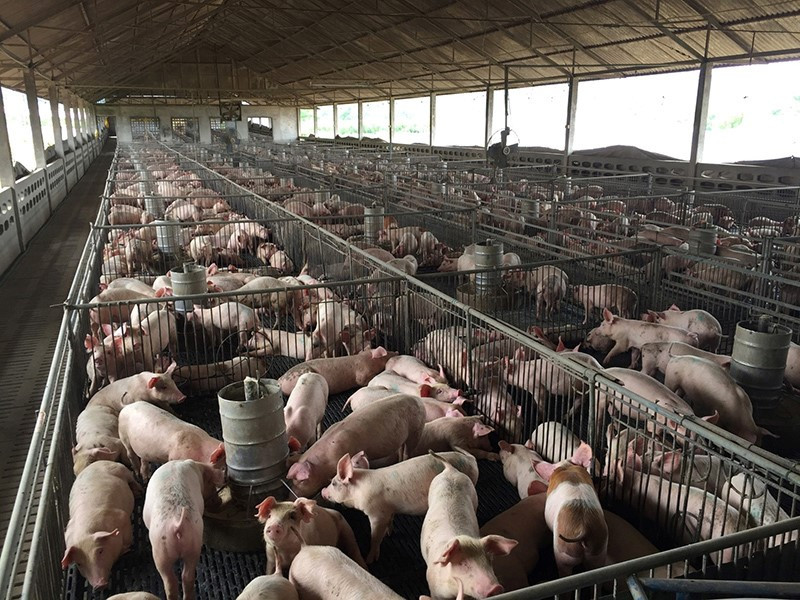
A representative group of animal feed businesses has submitted an urgent petition to the government, seeking resolution over soybean meal import tariffs that have unexpectedly rendered tax incentives ineffective.
Recently, representatives from the animal feed industry and the Dong Nai Livestock Association sent a formal letter to the Office of the Government, the Ministry of Finance, and the Ministry of Agriculture and Rural Development regarding challenges tied to the classification codes for soybean meal used in animal feed.
The letter emphasized that under Decree 144/2024/ND-CP issued on November 1, 2024, the preferential import tax rate for soybean meal classified under code 23040090 was reduced from 2% to 1%.
However, since the decree took effect on December 16, 2024, businesses have been unable to access the reduced tax rate for soybean meal imports intended for livestock feed.
Classification inconsistency creates hurdles
Since early December 2024, customs offices in Ho Chi Minh City and Ba Ria-Vung Tau have been applying the tariff classification code 23040029 to soybean meal imports, which carries a 2% import tax rate.
Previously, including the period following the implementation of Circular 31/2022/TT-BTC, businesses consistently declared soybean meal imports under code 23040090, which qualifies for the reduced 1% tax rate. This was processed through the General Department of Customs’ VNACC/VCIS system and the Plant Protection Department’s specialized inspection registration system.
This sudden change in classification has caused delays in customs clearance and additional costs for businesses.
Adding to the strain, global and domestic prices for soybean meal have surged by over 12% within just two weeks due to supply-demand fluctuations. This has significantly increased production costs for the livestock sector, while domestic market constraints prevent corresponding price adjustments. Consequently, animal feed production is becoming precarious and unsustainable.
Trade imbalances and limited sourcing options
The tax rate discrepancy also creates competitive disadvantages for Vietnam’s businesses. Exporters from free trade agreement (FTA) countries like India and ASEAN enjoy a 0% import tax rate, while imports from non-FTA countries such as the U.S., Argentina, and Brazil face higher tariffs.
This limits Vietnamese businesses' ability to source soybean meal from more stable and higher-quality suppliers outside of FTA countries.
Moreover, applying the 1% preferential tax rate for soybean meal imports could boost imports, balance trade with the U.S., and support the livestock sector’s sustainability.
Businesses call for adjustments
To address these challenges, industry representatives have proposed reducing the import tax rate for soybean meal under code 23040029 from 2% to 1%, aligning it with the tax rate for code 23040090.
Additionally, they urge the government to retroactively refund the overpaid import taxes for soybean meal shipments made since December 16, 2024, under Decree 144.
Tam An